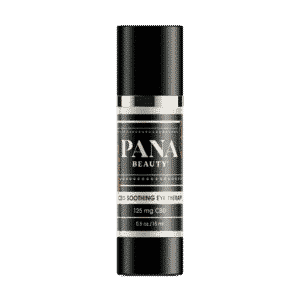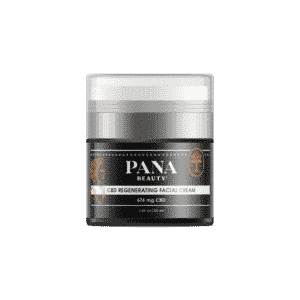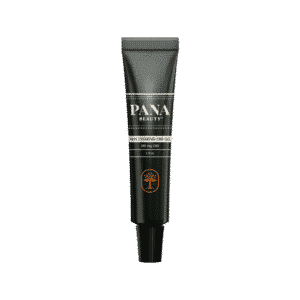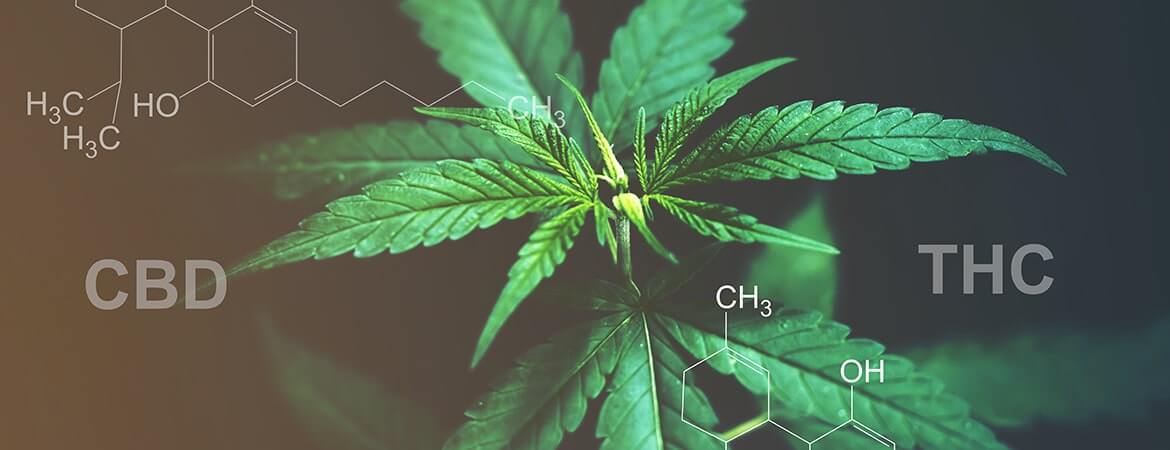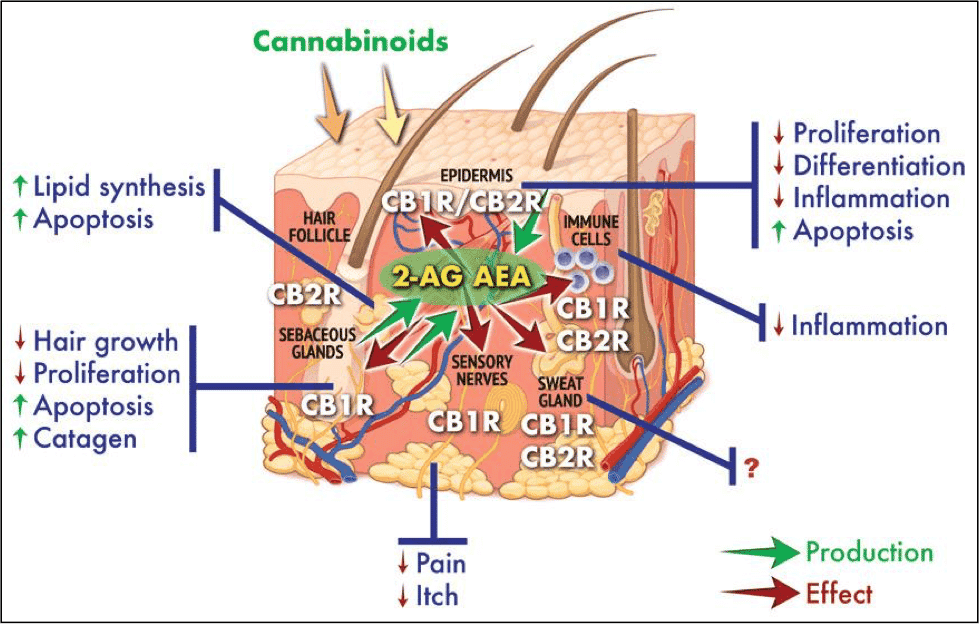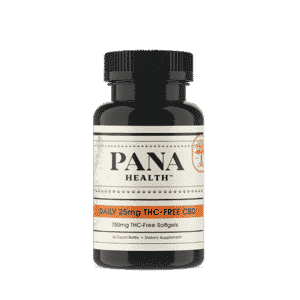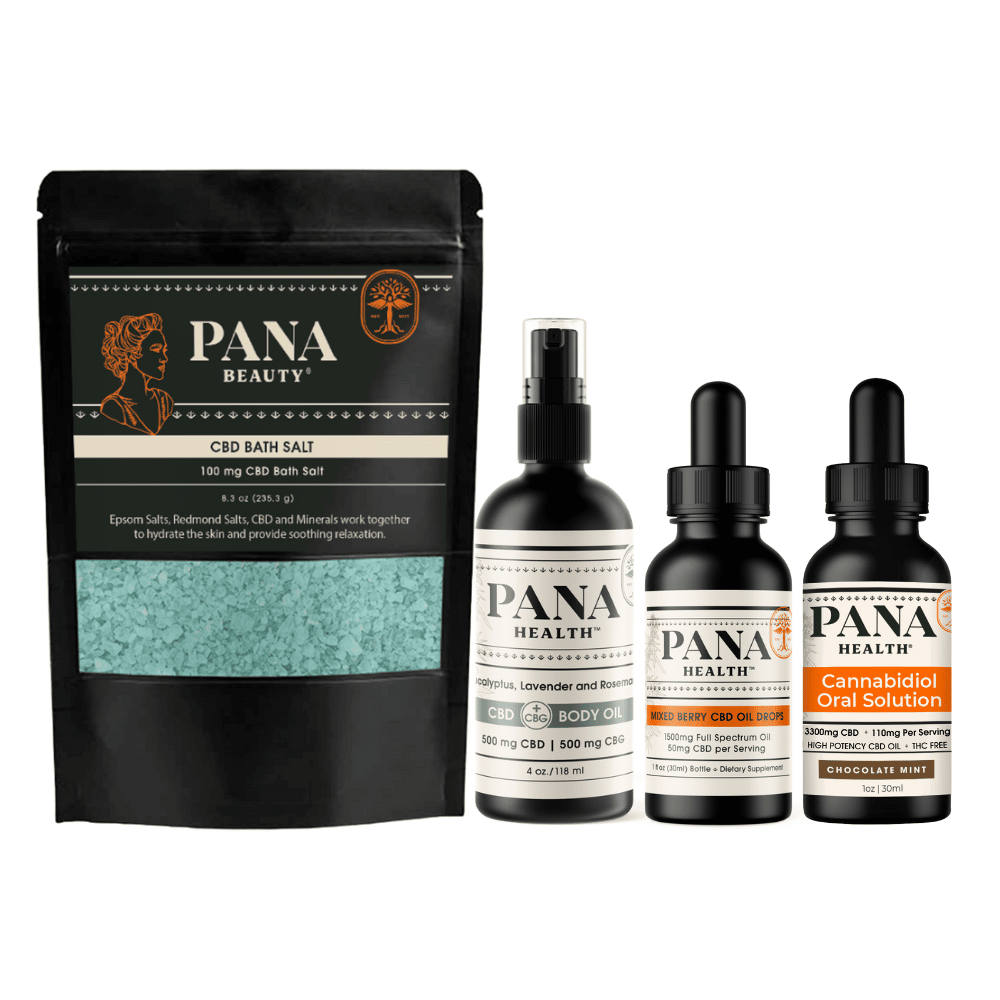Cannabidiol (CBD) is in everything these days. It’s in food, drinks, makeup, bath products, and even dog treats. So, it’s likely not surprising to learn that you can buy lotions, creams and other topicals that have it. But this does raise some questions. For example, why would I want to use lotions? Or even more importantly, what is CBD?
Let’s take the next few minutes to answer those questions, shall we?
Defining CBD
CBD, known in more formal circles as Cannabidiol, is one of over 113 compounds found in Cannabis plants. Marijuana and Hemp are the most well-known members of this plant family. As a result, CBD is commonly conflated with another Cannabis compound, Tetrahydrocannabinol (THC). However, it is important to know that THC and CBD are very different.
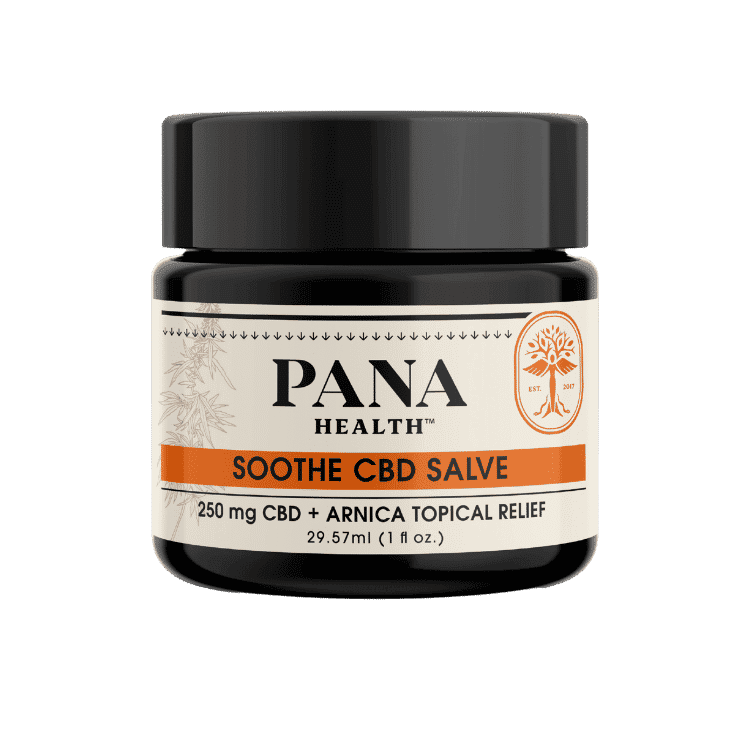
THC is probably better known than CBD for one primary reason; it is the compound in Cannabis that is psychoactive. In other words, it creates the “high” that is so often associated with Cannabis. CBD, on the other hand, does not have this effect. Most CBD users report that they feel a calm. That CBD helps them relax but has no adverse effect on their cognitive capabilities.
CBD and THC also help create the difference between hemp and marijuana. When someone mentions Cannabis, many people think of people getting high. However, that is not Cannabis in general. That is an association that should be more with marijuana than hemp. This is because marijuana has high levels of THC and average levels of CBD. Hemp on the other hand, is low in THC and contains much higher levels of CBD. This is why industrial hemp and products derived from it (including CBD products) have been legalized across the United States.
What is the benefit of CBD topicals?
There are a few reasons why people use CBD topicals. The main ones are to combat inflammation and as a boost to skin health. While the research on what CBD can do to benefit those things is still preliminary, it is promising.
Inflammation is something that can cause a lot of problems, for a lot of people. It can lead to discomfort and even pain. So, dealing with it can be difficult. One study published in 2013 found that CBD helps act as an anti-inflammatory in mice. This is just one study of many out there looking at the anti-inflammatory effects of CBD. Using topicals for this purpose may be more effective as the topicals tend to keep their effects in the area that you apply them. That means that it will be more concentrated in places where you are feeling the most inflammation.
Skincare is important for everyone. If you are struggling with acne, many products can be discouraging as they can mix with the oils on your skin and exacerbate the issue. CBD may be able to help with this. As this Healthline article lays out, CBD may help reduce the body’s production of sebum, the oil that while protecting our skin, can also clog up our pores. This means that your odds of experiencing breakout may drop when using CBD.
If you are taking medications for either of these issues, be sure to talk to your doctor before stopping or changing the way you take your medications.
Top 5 things to know before using CBD topicals
Many CBD manufactures sell CBD topicals that are specifically designed to help with these issues. But before you run off to buy them, there are a few things you should bear in mind:
- There are different kinds of CBD. There are three of them to be exact. They are full-spectrum, broad-spectrum and CBD isolate. These names indicate how many other things there are in the product other than CBD. Full-spectrum has all of the other compounds that come with the CBD, including THC (though legally it cannot be more that 0.3% THC). Broad-spectrum has everything except the THC. The idea behind the first two is to take advantage of the “entourage effect”, which is when several different compounds build on each other to do more than any single compound can alone. (We go into more detail about it here, if you are curious). CBD isolate is just CBD. Nothing else, just pure CBD in the topical formulation.
- Everyone experiences CBD differently. People are different, so it follows that CBD may work differently for some people than others. You may find that more or less of the topical will work best for you. Be smart, try small amounts at first, and experiment with the dosage by adding a bit more at a time.
- Find a trustworthy source. The CBD industry is still rather new. As a result, it is not quite as mature or regulated as it will likely be in the future. However, this does mean that there are those who take advantage of the current, lax rules. When looking for a good CBD product, be sure to research the company you buy it from. Check to see if they use third-party testing to ensure the quality of their products.
- Talk to a medical professional. This is just good advice for any major change you make to your lifestyle. There are some medications that may not interact well with CBD. If you’re taking topicals, this may not be as big of an issue as it might be with oral CBD. However, it is still a good idea to talk with your doctor to be on the safe side.
- There are potential side effects. However, these side effects generally are not serious. And they are mainly reported by those who ingest high quantities of CBD consistently. These side effects include things like mild nausea, dry mouth, gastrointestinal upset, and fatigue. If you start to experience these, you should either stop using the CBD product or reduce your dosage.
CBD topicals are a great way to localize your CBD usage, keeping the effects right where you want them. Feel free to explore and try a few different kinds to find the one that works best for you.
Sources:
https://www.healthline.com/health/skin-disorders/cbd-for-acne#for-acne-scars
https://health.usnews.com/wellness/articles/do-topical-cbd-products-work



